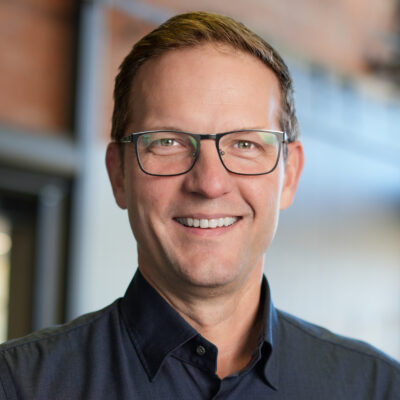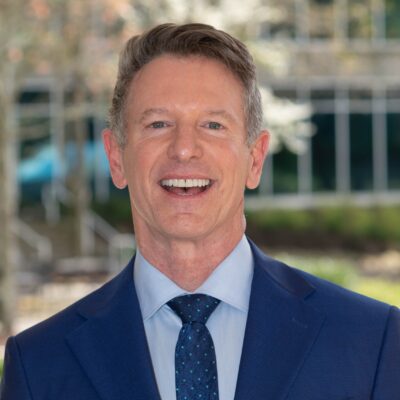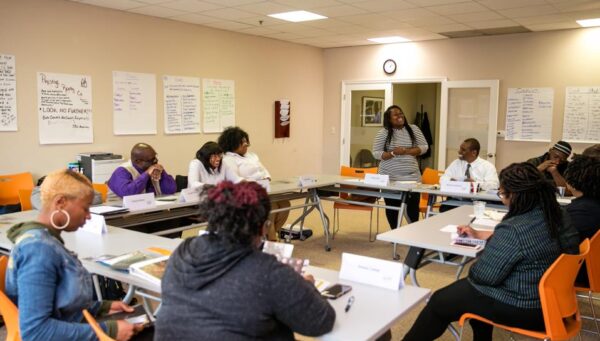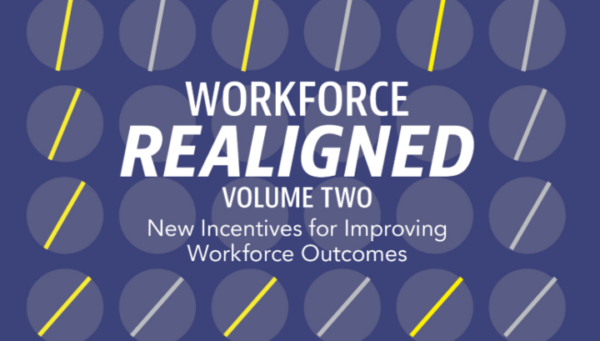Workforce
Realigned, Vol. II
In today’s rapidly changing economic landscape, meeting the challenge of full employment demands a reimagining of traditional approaches to workforce development. When training and upskilling efforts are pursued in isolation — by training providers, governments, and employers — the risk lands disproportionately on the shoulders of workers. But by breaking down silos and rethinking incentives and impacts, we can distribute risk more equitably to meet the demands of the future.
Workforce Realigned, Vol. II is a project of the Social Finance Institute and the Federal Reserve Banks of Atlanta, Chicago, Philadelphia, and Richmond. These partners came together through a common commitment to improving economic mobility.
Featuring 21 chapters authored by leading policymakers and practitioners, Workforce Realigned, Vol. II showcases a collection of outcomes-driven initiatives from across the United States that enhance opportunities for workers while addressing the talent demands of the 21st-century economy.
Contents
Building on the groundbreaking research and insights of Workforce Realigned Vol. I, the 21 chapters in Workforce Realigned, Vol. II include new case studies from across the United States as well as updates on several of the topics from the 2021 volume.
- Earn & Learn Models. Apprenticeships and other on-the-job training approaches directly connect training to employment. This allows workers to receive wages while gaining in-demand skills and lowers the risk for employers. As these chapters illustrate, work-based learning opportunities reduce the disconnect between labor supply and labor demand.
- Repayment Models to Recycle Capital. Innovative funding models — like outcomes-based, zero-interest loans and employer repayment — stretch funding further by linking collections to employment outcomes. Through shared accountability for financing, models like the ones profiled in these chapters can train significantly more workers than would be possible through grants alone.
- Outcomes Funds & Pay for Success. Outcomes funds pool capital to support training and wraparound services, rewarding results and sharing risk across public and private partners. These chapters include several case studies on pay-for-success solutions linking public funding to results like high-quality job placement and earnings gains for program participants.
- Community & Technical College Innovation. These chapters explore outcomes-based funding that ties state support for colleges to their students’ success in landing good-paying jobs. Using these funding models, community and technical colleges are helping more students earn valuable “middle skill” and short-term credentials.
- Trends & Opportunities. These chapters examine key trends affecting outcomes-based approaches, including effective strategies for enabling worker success, learning from directly from workers about their individual journeys, and assessing the impact of automation and artificial intelligence on workers and employers.
















